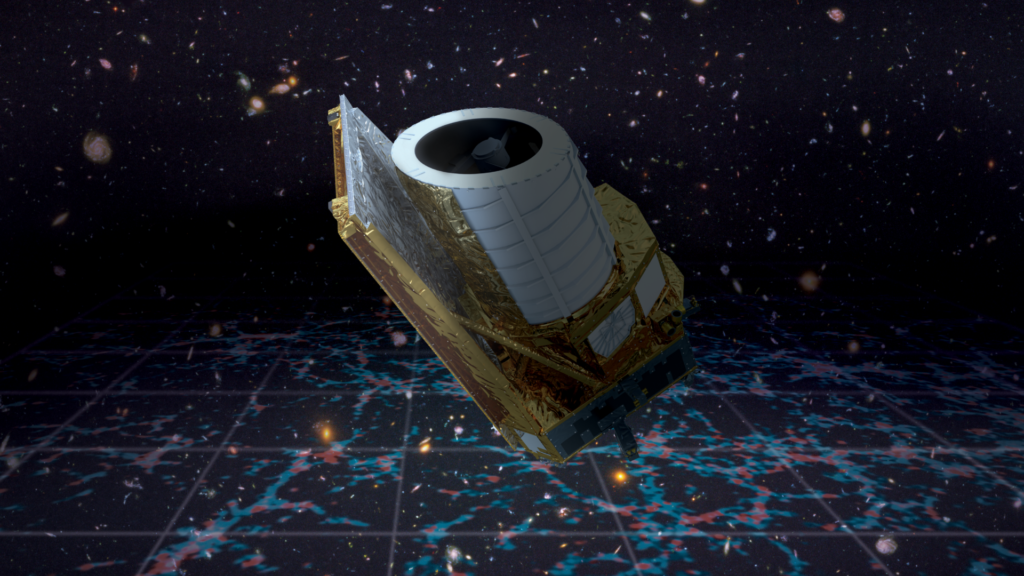
Within Horizon Europe, the European Union framework programme for research and innovation, a team of astronomers from four European countries (Italy, France, United Kingdom and Portugal) has recently developed ELSA (an acronym for Euclid Legacy Science Advanced analysis) an instrument that uses artificial intelligence to extract precious information from the huge amount of data collected by Euclid, the new space telescope of the European Space Agency (ESA).
Launched into orbit in 2023, but officially active since the beginning of this year, Euclid started to investigate the universe to search for dark matter with the aim of mapping more than a third of the sky over six years and will produce a massive legacy of images and spectra.
However, to avoid being flooded by the huge amount of data collected by Euclid about the formation and evolution of the galaxies over the history of the universe and make them available to the astronomic community, researchers will use ELSA, based on the high-performance computing cluster at the Open Physics Hub of the University of Bologna, thanks to the new hardware acquired for this purpose.
“All Euclid data will be made available in the European Open Science Cloud through the instruments of the Virtual Observatory, such as Esa Sky: Euclid early release observations have already been made available,” said Stephen Serjeant, co-lead of the ELSA team on citizen science. “We plan to be inclusive and to invite some volunteers to analyse Euclid data with us to help us train machine learning algorithms to detect rare treasures.

